What do you know about contraceptives, family planning, birth control or the prevention of pregnancy? What contraceptive are you on? I like to believe that every sexually active woman has had a pregnancy scare at least once in her lifetime and we all know how ugly that can get: the fear, desperation and inability to concentrate on any other thing, especially when you are in no place to raise a baby. Why wait till your period is a few days late before worrying about pregnancy when you can opt for birth control that will erase those worries and you get to have all the sex you want and only get pregnant when you’re ready?
There are several kinds of contraceptives out there and they all work to prevent pregnancies.
They are available in three categories:
- Short-term methods: (Condoms, Emergency Contraceptives, The Pill, Foaming Tablets/ Jellies/ Sponges, Injectables, Diaphragm/ Cervical Cap, Contraceptive Patch and Vaginal Ring )
- Long-term methods: (IUD and Implants)
- Permanent methods: (Vasectomy and Tubal Ligation)
I’m going to talk about each one of them and let you know the ones available in Ghana at the moment and you’ll be surprised to learn how affordable they are.
THE CONTRACEPTIVES OR BIRTH CONTROL METHODS
- ABSTINENCE

If you don’t have sex, you’ll never have to worry about pregnancy unless you are Mary from the Bible or Jane from Jane the Virgin. Abstinence is the only “contraceptive” that’s 100% effective at preventing pregnancy, so if you don’t want any trouble, just keep it in your pants or keep your legs closed. But if you are like me and you love sex so much and you cannot be with a man without going all the way, you can consider getting on the other contraceptives.
- NATURAL BIRTH CONTROL METHODS
These methods make use of the menstrual cycle and deduce that on the 14th day (start counting from the day your period begins), the ovary should release an egg and it stays in the womb for 12 to 48 hours, so the 14th and 15th days (and/or 16th day, to be on the safe side) are marked as fertile days. Also, sperms can stay and survive in the female reproductive tract for five days before coming out, so knowing this, you mark the 10th– 14th days as unsafe for sex (unprotected).
With the advent of smartphones and period apps, you can input your menstrual cycle info in these apps, could be Flo, Period Calendar or any other one, and they will track your cycle and let you know the days you are safe and remind you when you are unsafe for unprotected sex. I personally use the Period Calendar and it has never failed me. The only thing is, when I have sex on the unsafe days, I either use a condom or get an emergency contraceptive to erase my chances of getting pregnant.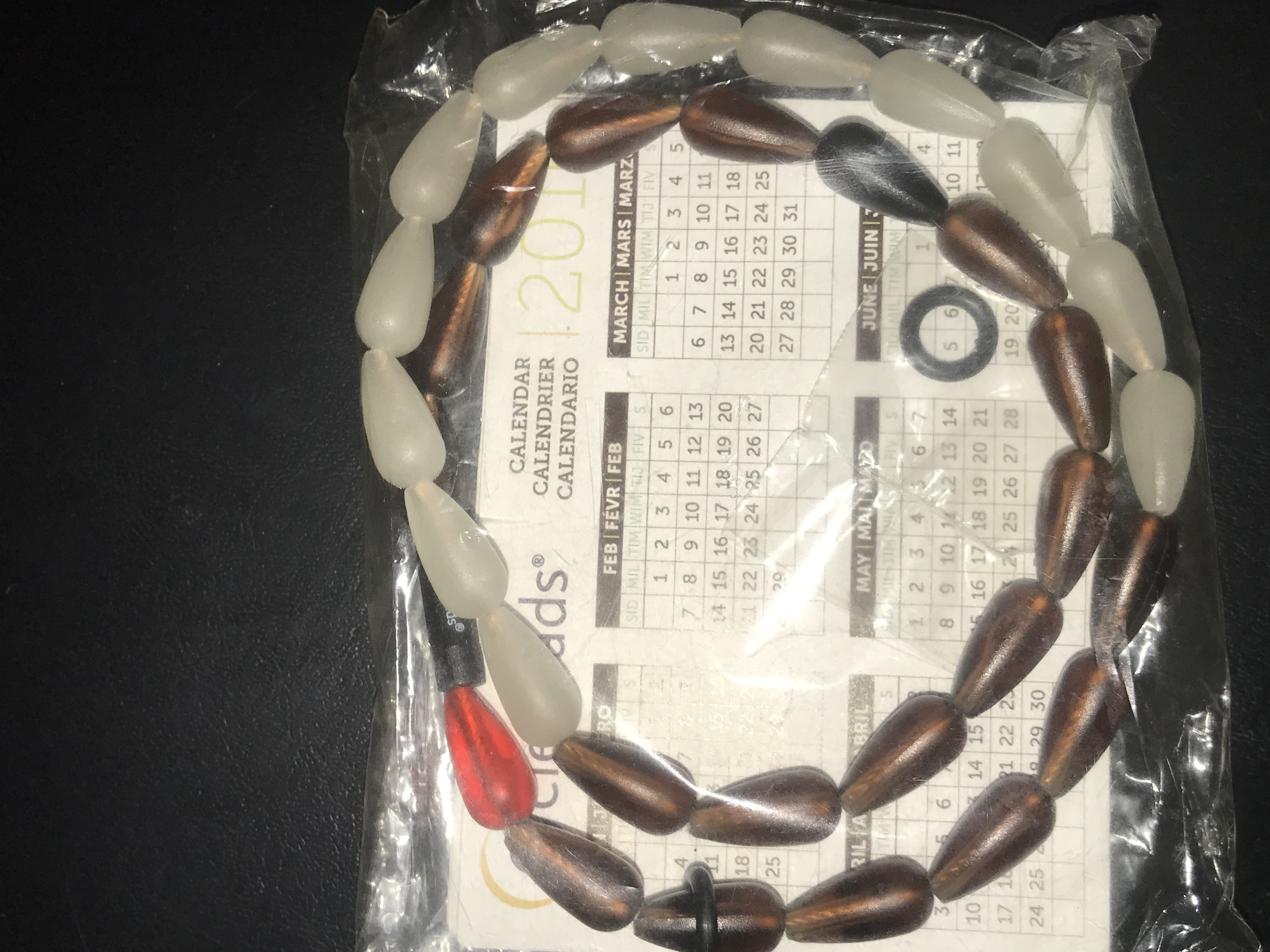
There are CYCLE BEADS too! These ones work like the calendar. The brown beads indicate the safe days, the white are for fertile days and the red one indicates the first day of your period. So, all you have to do is to take note of the day your period begins and move the rings over the brown beads till you get to the white. It’s as simple as that. They are cheap and cost 5 cedis at the PPAG clinics across the country. For those of you outside Ghana, visit any Planned Parenthood clinic in your country and you’ll get yours.
- CONDOMS
We all know about condoms. They represent a barrier method of birth control that prevent sperms from reaching an egg. They prevent both pregnancy and the transmission of STI’s. They are my personal favorites because I get paranoid and cannot risk catching an infection from a man just because of sex. It saves you the stress if you’re just having casual sex or you are with a new partner and you’re not sure of their STI status. You get to be infection-free and there’ll be no baby forming in your womb as well.

There are female condoms and male condoms. The male condoms are the most common out there because they’re easier to come by. Most of you hate the idea of using condoms because of the reduced sensitivity associated with condom usage. Luckily for you, there are condoms out there that are ultra-thin to give the feel of raw sex and make the experience worthwhile. You can go to the pharmacy and ask for Durex Ultra Thin/ Fetherlite, Fiesta Ultra Thin or my favorite, Rough Rider Ultra Thin and you’ll love it.
For those of you with latex allergies, there are non-latex condoms out there. There’s SKYN, Trojan and Durex non-latex condom. These condoms also have an added advantage of increasing sensitivity and you’ll love using them because they’re made from lambskin.
For condoms getting burst, this is usually because of friction, dryness or lack of lubrication. This is why you always have to make sure you or the woman is very wet or well lubricated before penetration. To be on the safe side, always keep a lubricant in your bedroom, car or bag.
Aside breakage, condoms can get stuck inside the vagina, especially if the erect dick softens inside the vagina. That makes it slip off. So, always make sure a penis that goes inside you with a condom on comes out with a condom on. If not, find it and bring it out. Even if it stays inside you for a while, you don’t have to worry about infections or a foul odor if your partner was infection-free. You might just feel uncomfortable down there or get a discharge.
- EMERGENCY CONTRACEPTIVES/ MORNING AFTER PILLS
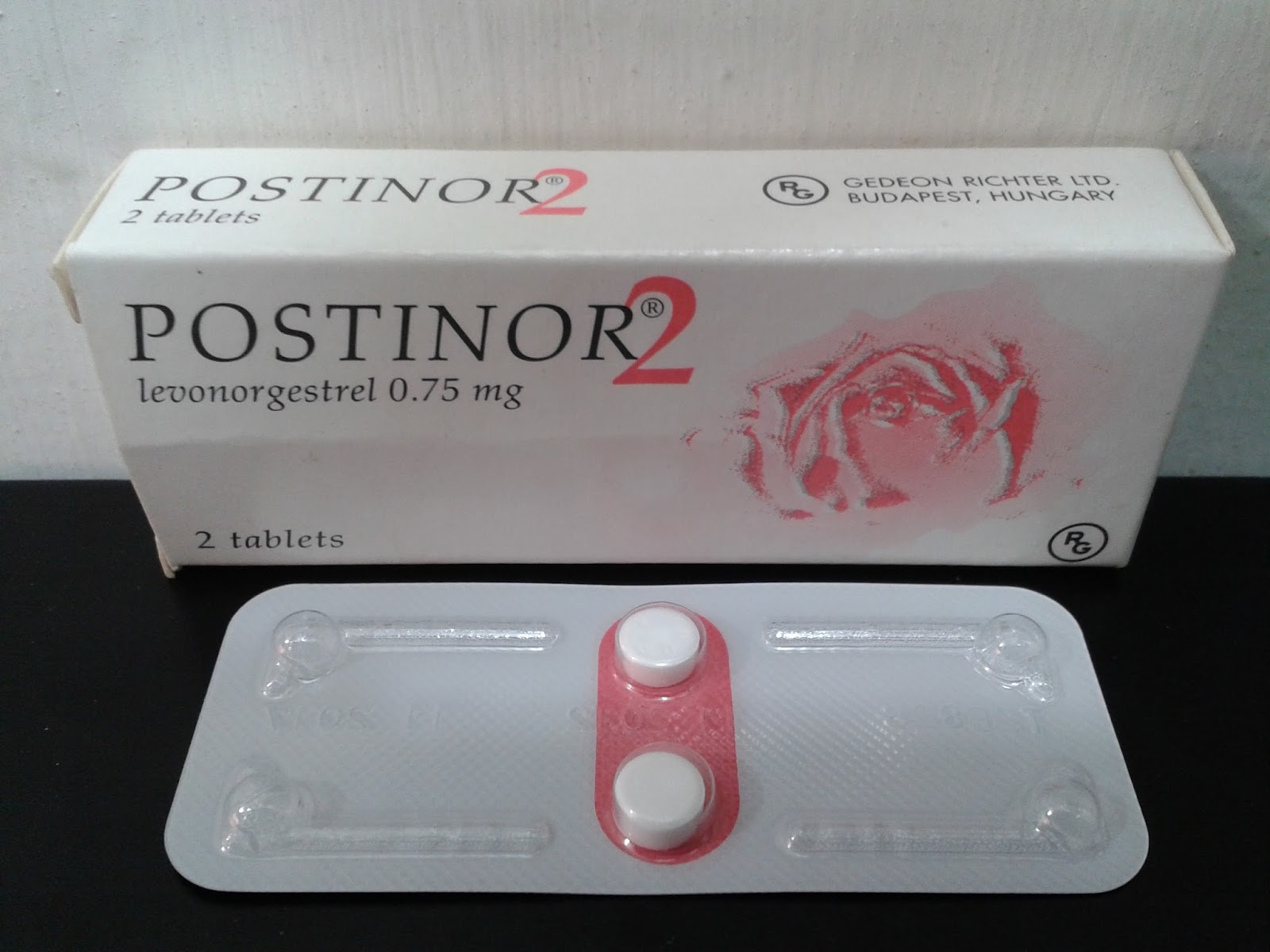
Emergency contraceptives include Postinor 2, Lydia Postpill, Levon2 and others. They are the most abused contraceptives in Ghana and Africa because of their ability to prevent pregnancy after unprotected sex. These contraceptives work by temporarily blocking the release of eggs or preventing the already fertilized egg from attaching itself to the womb.
So when you have unprotected sex, you can get one of them within five days and you won’t have to worry about getting pregnant. One thing you should know is, the earlier you take it, the better. Don’t wait hours or days after.
Also, if your condom bursts during sex, you can get one of these pills.
NOTE: It isn’t a regular method of birth control. Stop taking it daily or weekly! It’s for emergency situations, so stop abusing it. If not, it can cause infertility or increase your chances of getting cancer.
- THE PILL (ORAL CONTRACEPTIVE PILLS) – hormonal
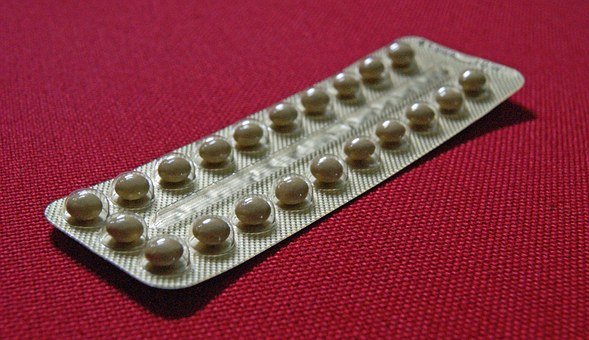
This is a regular method of birth control unlike the emergency contraceptive. They are small tablets that are taken daily and they contain the female hormones (man-made): estrogen and progestin to prevent the development and release of an egg by the ovary. They also prevent sperms from travelling that far to reach an egg by thickening the cervical mucus.
Taking the pills the same time daily makes it more than 99% effective at preventing pregnancy. If you forget to take it once, you’ll have to use a back-up like a condom or emergency contraception that month when you have sex to erase any chances of you getting pregnant.
An example of this contraceptive is Secure and it’s available over the counter in any pharmacy.
The only problems associated with the usage of this contraceptive is forgetfulness to take the pills and the side-effects. You can set reminders on your phone to cater for forgetfulness.
The main side effects include:
- Nausea
- Irregular periods
- Mood swings
- Weight gain/ loss
- Headaches
- Tender/ larger breasts.
You need to know that, as women, our bodies are different. What works for one woman might not necessarily work for you and each contraceptive can affect women differently. Some women are lucky enough to not encounter any side effects when they take pills, others do but it is usually mild and tend to go away a few months after. There’s a need for you to take note of your side effects and talk to your doctor or health professional about them. If there’s a need to switch to a different contraceptive, they will let you know and you can do that.
- FOAMING TABLETS/ SPONGES
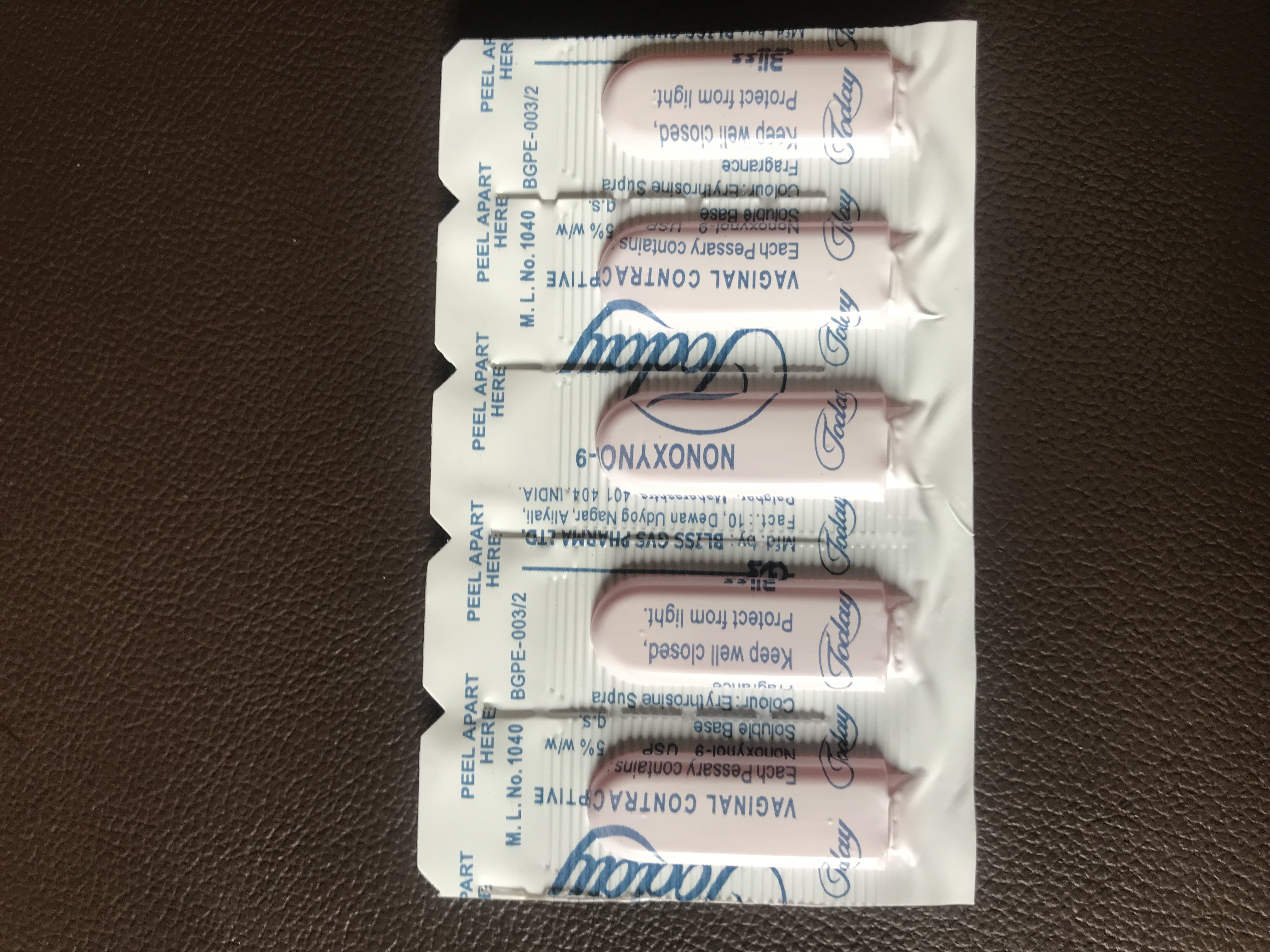
I’m certain most of you have heard about Today Vaginal Contraceptive. It is a foaming tablet. Foaming tablets and jellies are inserted in the vagina up to 5 minutes before sex/ penetration and it contains spermicides that kill any sperm released. They are 71% effective at preventing pregnancies, so when you aren’t so sure that you are safe for sex, you can use them. I won’t advise you to use them when your chances of getting pregnant are high. They might fail you.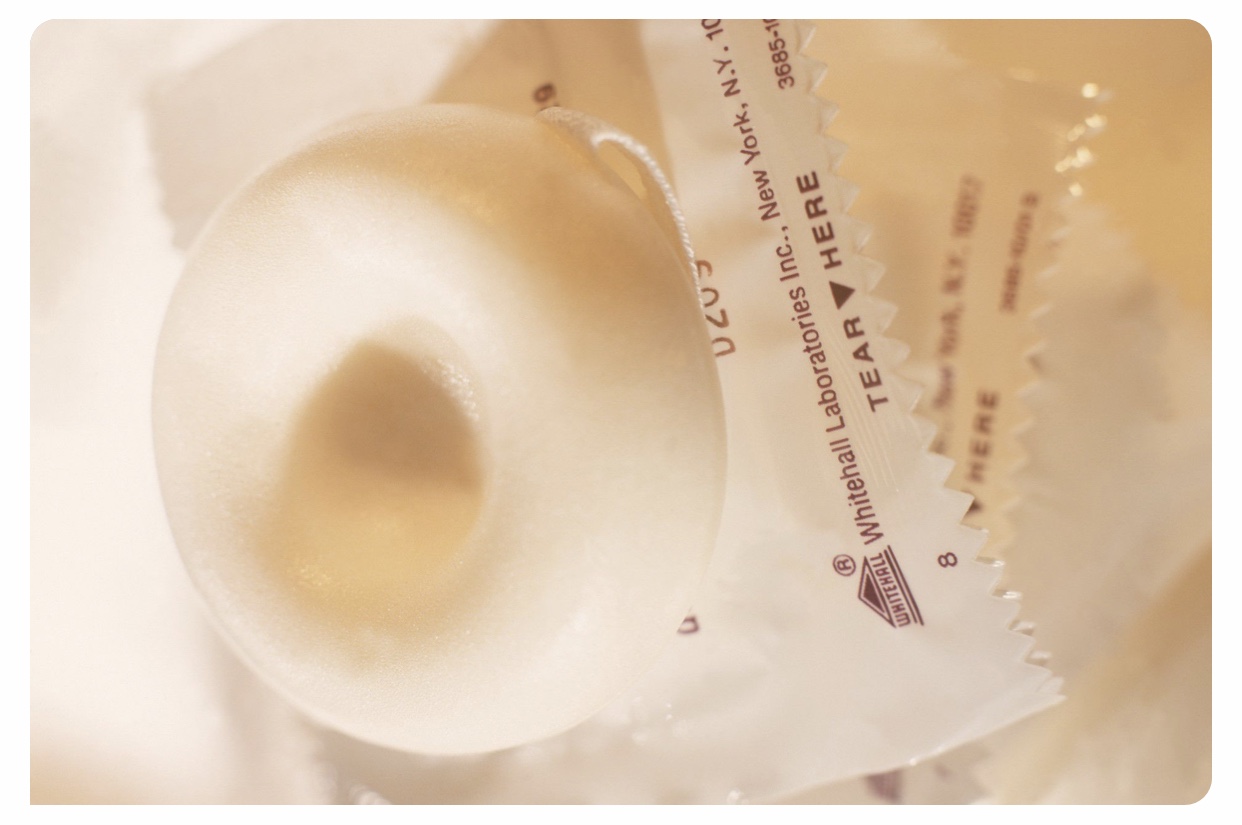
The sponge is also a barrier method and once inserted, it prevents sperms from reaching an egg. It is inserted in the deepest part of the vagina up to 24 hours before intercourse and unlike the tablets, it is removed 6 hours after.
Interested in getting the foaming tablets? Walk into any good pharmacy and ask for Today contraceptive and you’ll get one. They cost less than 15 cedis, so you and I can agree that they are not expensive. For the jellies and sponges, I’m yet to come by one in Ghana. They shouldn’t cost much too.
NOTE: The foaming tablets and jellies work for 30 minutes in the vagina. If after 30 minutes, your partner hasn’t ejaculated, you need to insert another one. If not, insert another one before the next round begins.
If you encounter any allergies or irritation after inserting the tablet or sponge, you need to see your doctor or just stop using it.
- THE INJECTABLE
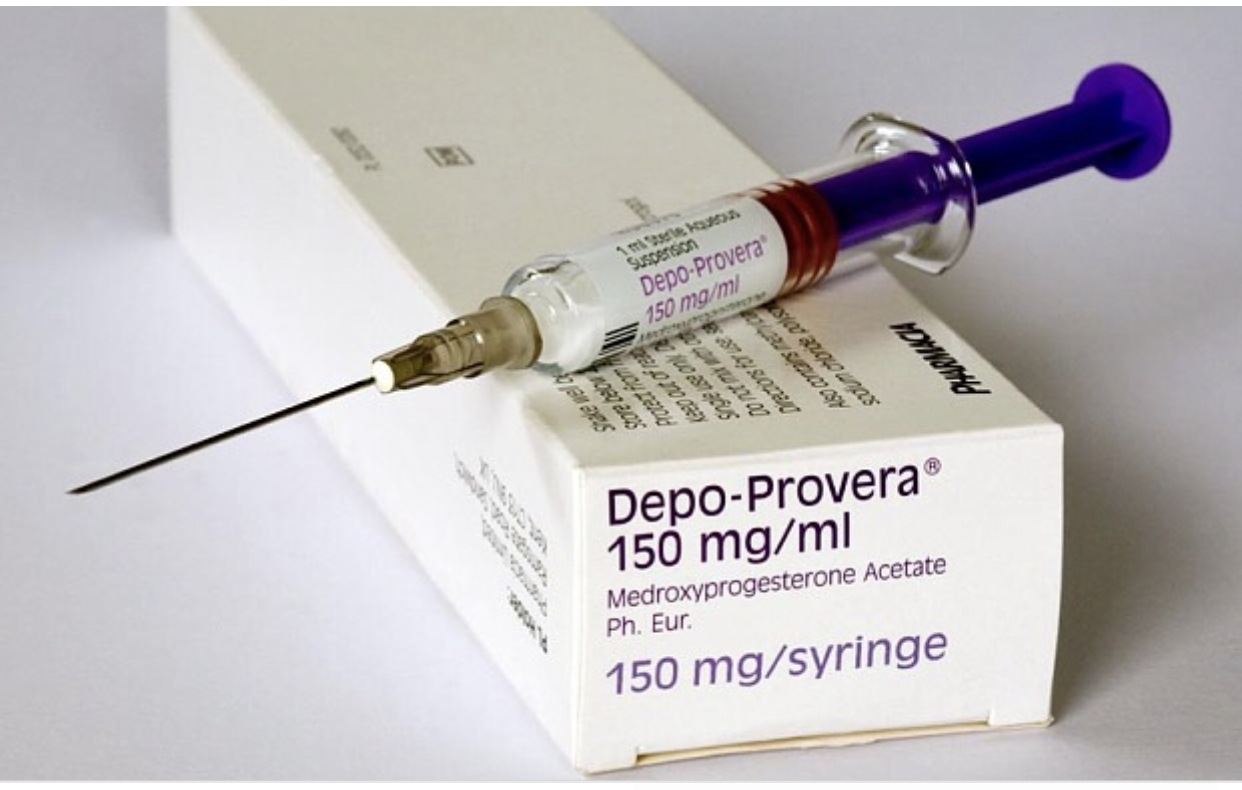
Just like the pill, the injectable contains the female hormone, progestin alone or with estrogen, to prevent the development or release of an egg by the ovary or to thicken the lining of the cervical mucus to prevent sperms from reaching an egg. It is more than 99% effective at preventing pregnancy.
In Ghana, three methods exist.
- Norigynon: injection administered monthly
- Noristerat: administered every two months
- Depo-Provera: administered every three months
Each of these costs as low as 1 cedi in PPAG clinics across Ghana. So, if you are a fan of injections, just input PPAG in Google Map and you’ll be directed to the clinic for your shot in either your buttocks or upper arm.
You can visit any other hospital for yours, just that I’m not so sure how much it will cost you. But I promise, it won’t be expensive.
If you are not in Ghana, visit any Planned Parenthood clinic in your country for yours.
NOTE: You need to note the day you got the injection and when your time is up, depending on which of the three you went for, you can go for another shot.
The side effects associated are similar to those listed for the oral contraceptive pill.
- CONTRACEPTIVE IMPLANTS
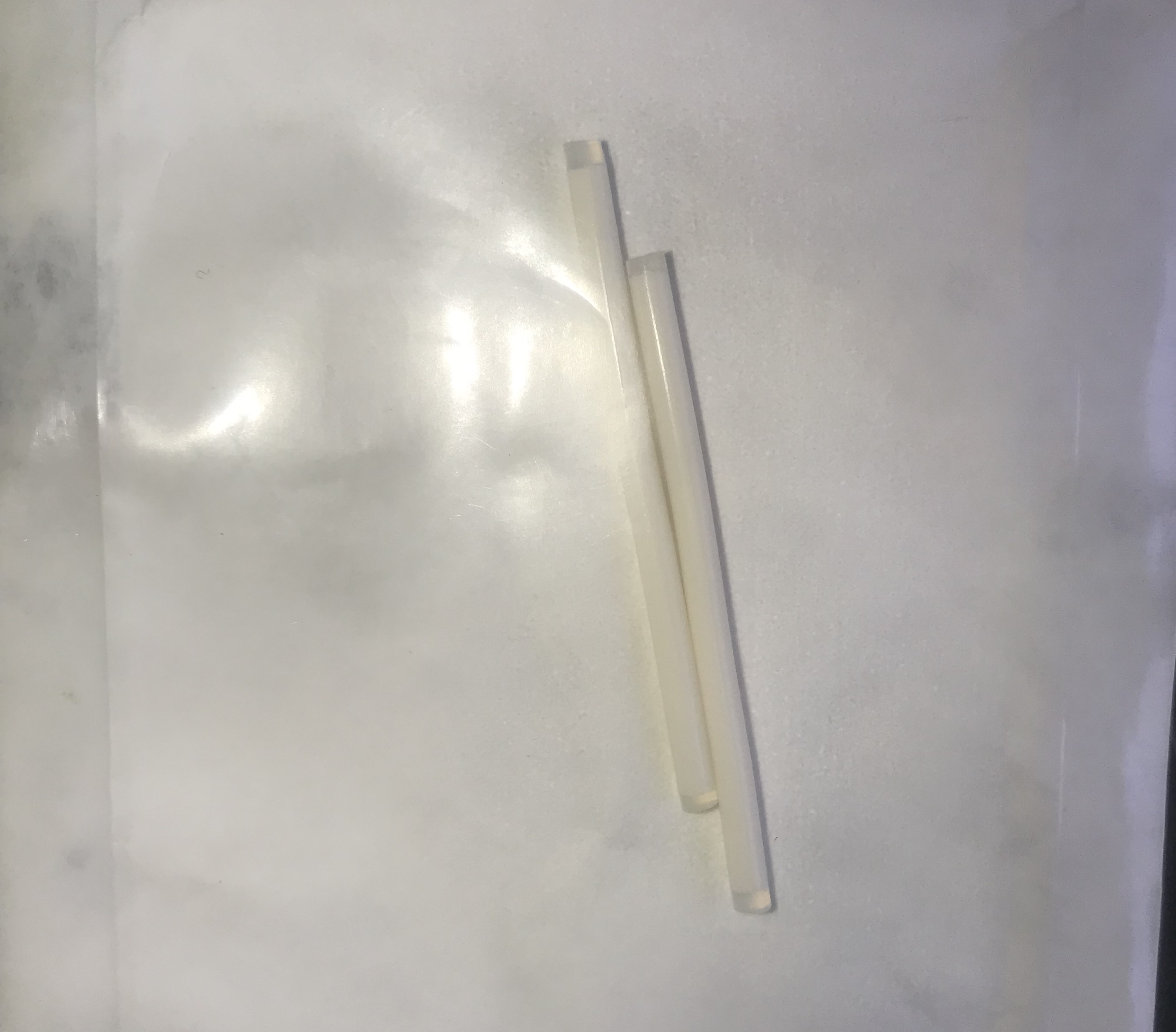
This method is also hormonal. The implants are two small plastic tubes inserted in the upper arm (under the skin) and they act by releasing the female hormones into the body to prevent the release or development of eggs by the ovaries and also thicken cervical mucus to prevent sperms from reaching an egg.
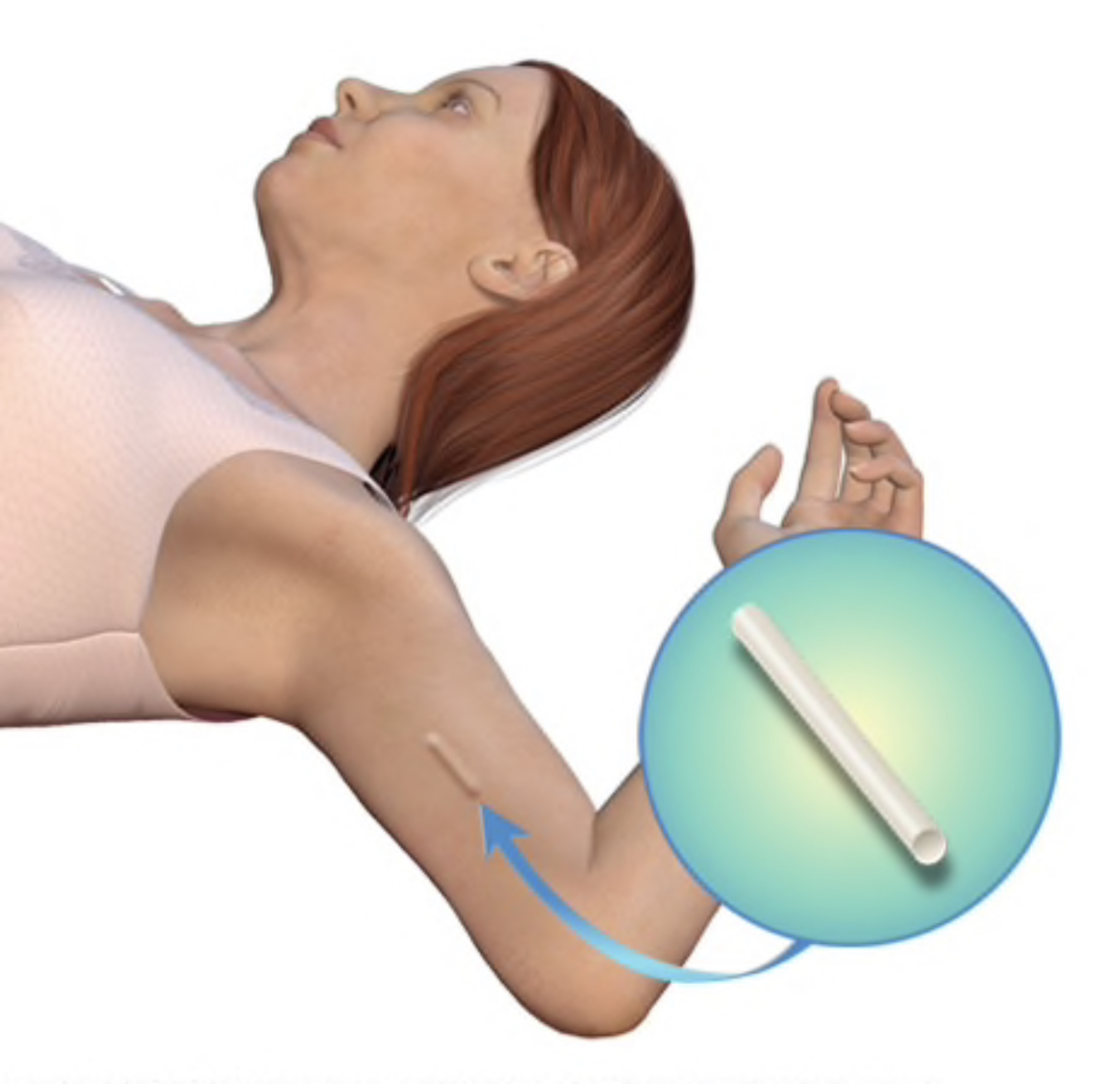
The implant after insertion can last up to 5 years and they can be removed earlier when the woman decides she wants to get pregnant.
An example of the implant is Jadelle and it costs as low as 8 cedis at PPAG clinics. It shouldn’t cost more than 20 cedis in other hospitals.
Those of you in other countries can get it too. Just walk into a medical facility for yours.
- IUD (Intrauterine Device)
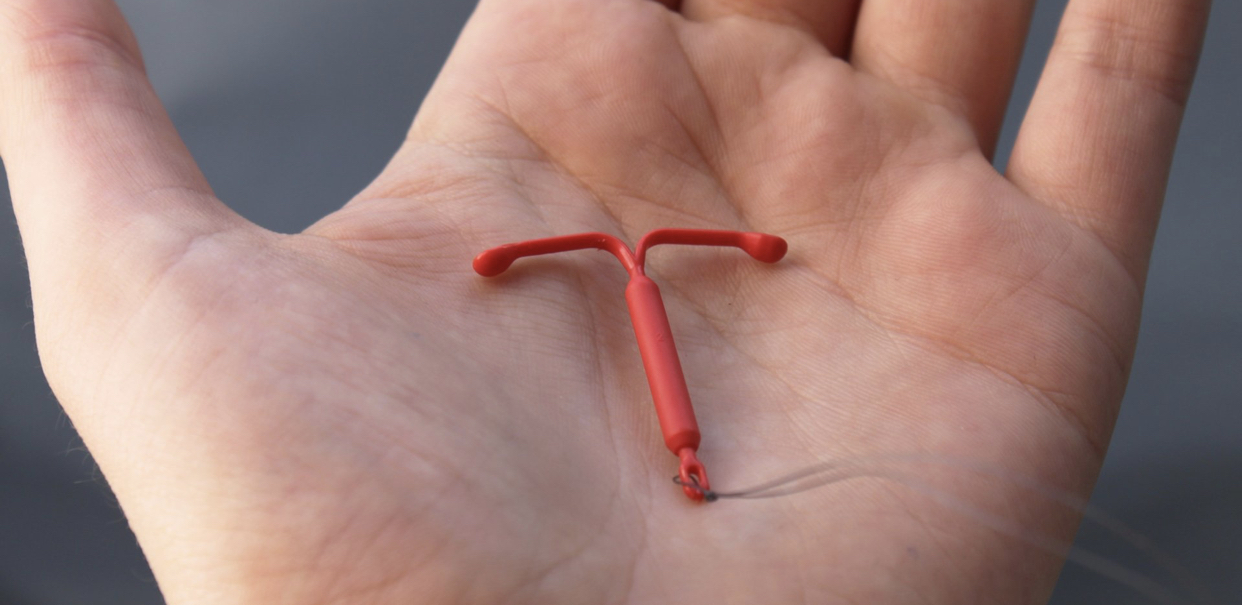
This is also a barrier method of birth control and it is 99% effective for pregnancy prevention. The device is small and flexible. It is inserted in the uterus via the vaginal canal by a health professional to prevent sperms from reaching an egg and in rare cases, if an egg is fertilized, it prevents it from getting attached to the wall of the uterus.
The IUD is long-term and lasts up to 10 years if you want. Just like the implant, it can also be removed anytime the woman intends to get pregnant.
Just like the implant, the IUD costs as low as 8 cedis at PPAG clinics. It shouldn’t cost more than 20 cedis in other hospitals also.
NOTE: The only side effects associated are heavy or light bleeding and/ or cramping during periods.
- PERMANENT BIRTH CONTROL METHODS
These methods are for men and women who have a number of children and do not want any more. It practically makes you infertile and unable to impregnate a woman or if you are a woman, it makes you unable to get pregnant.
- VASECTOMY (MEN)
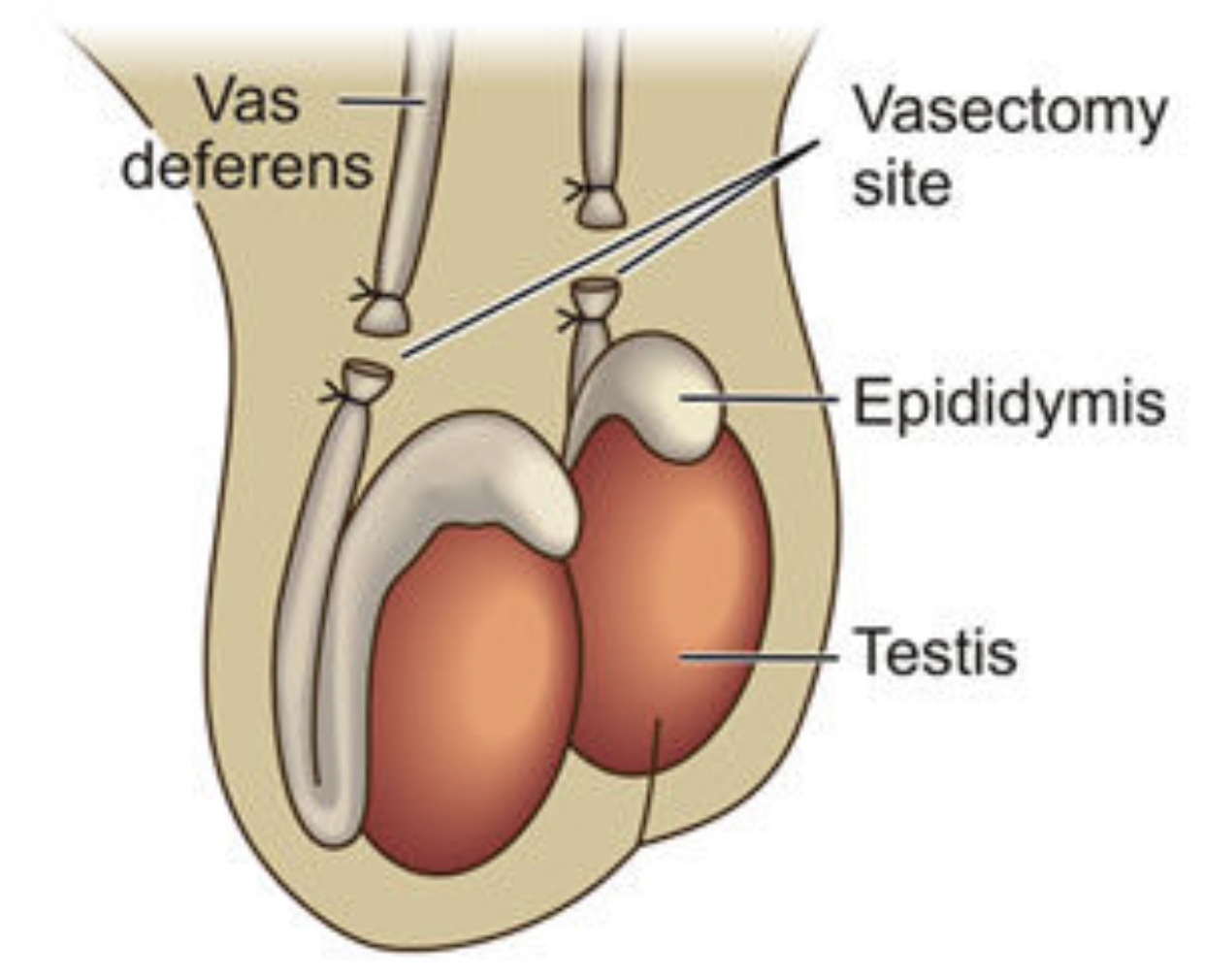
This is a male sterilization procedure that involves the blockage or cutting and tying of the vas deferens (the tube that transports sperms from the scrotum (epididymis) to the penis (urethra)). 8-12 weeks after this short and simple procedure, any semen released during ejaculation would contain no sperms to fertilize an egg. So in this case, the man becomes sterile or impotent.
In rare cases, the tubes grow back after a number of years. This shouldn’t be a cause of worry because it rarely happens.
Vasectomy is performed in medical facilities and costs 200 cedis at PPAG clinics across Ghana.
- TUBAL LIGATION (WOMEN)
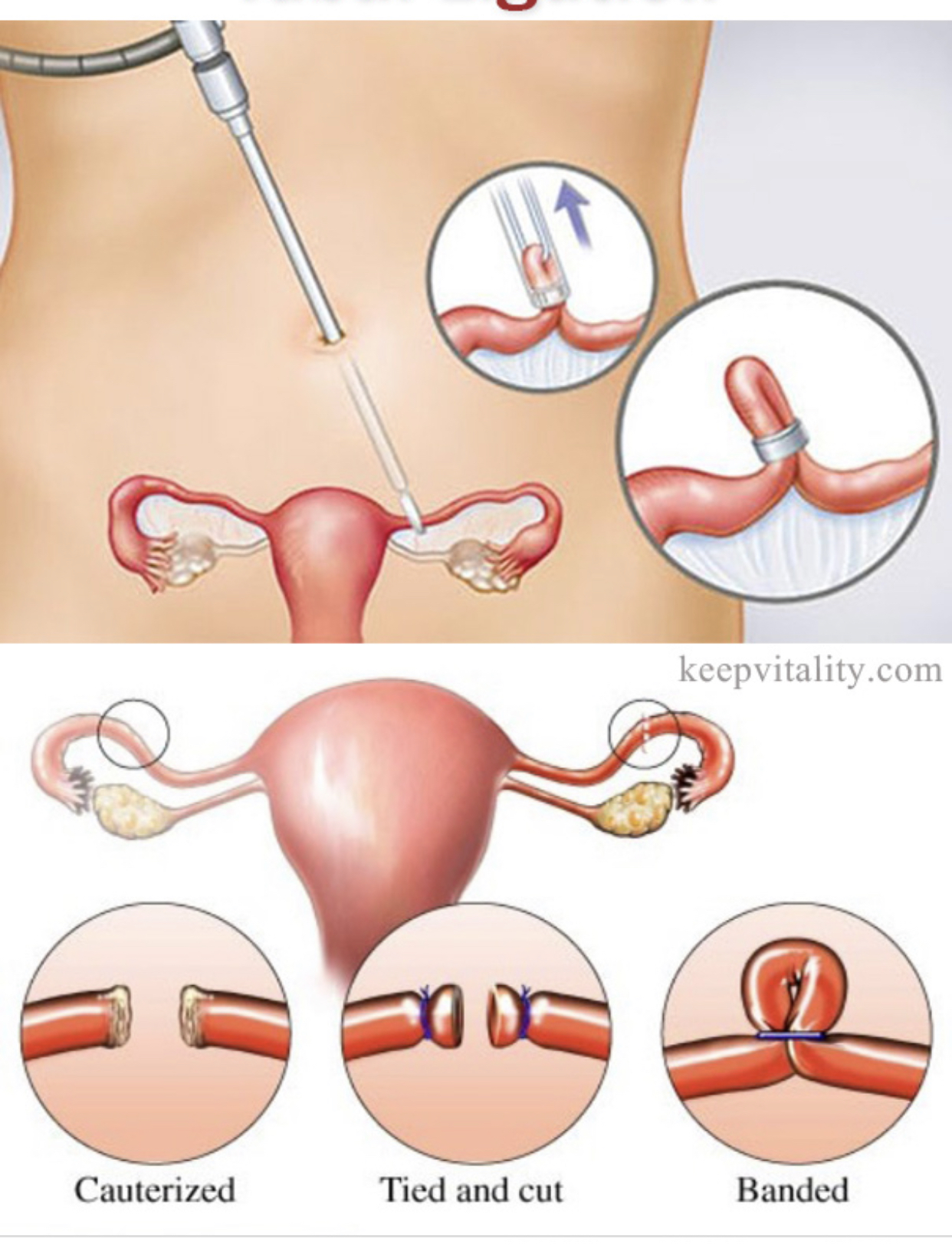
This is a short and simple procedure that involves the cutting and tying of the fallopian tubes or the blockage of the fallopian tubes and makes it impossible for sperms to get to an egg to cause pregnancy. This procedure does not interfere with the menstrual cycle and costs 200 cedis in PPAG clinics across Ghana.
Other medical facilities administer it, so just walk into one and get it.
THE ABOVE MENTIONED CONTRACEPTIVES ARE AVAILABLE IN GHANA.
The three below should be available in other countries or the Western world.
- THE DIAPHRAGM/ CERVICAL CAP
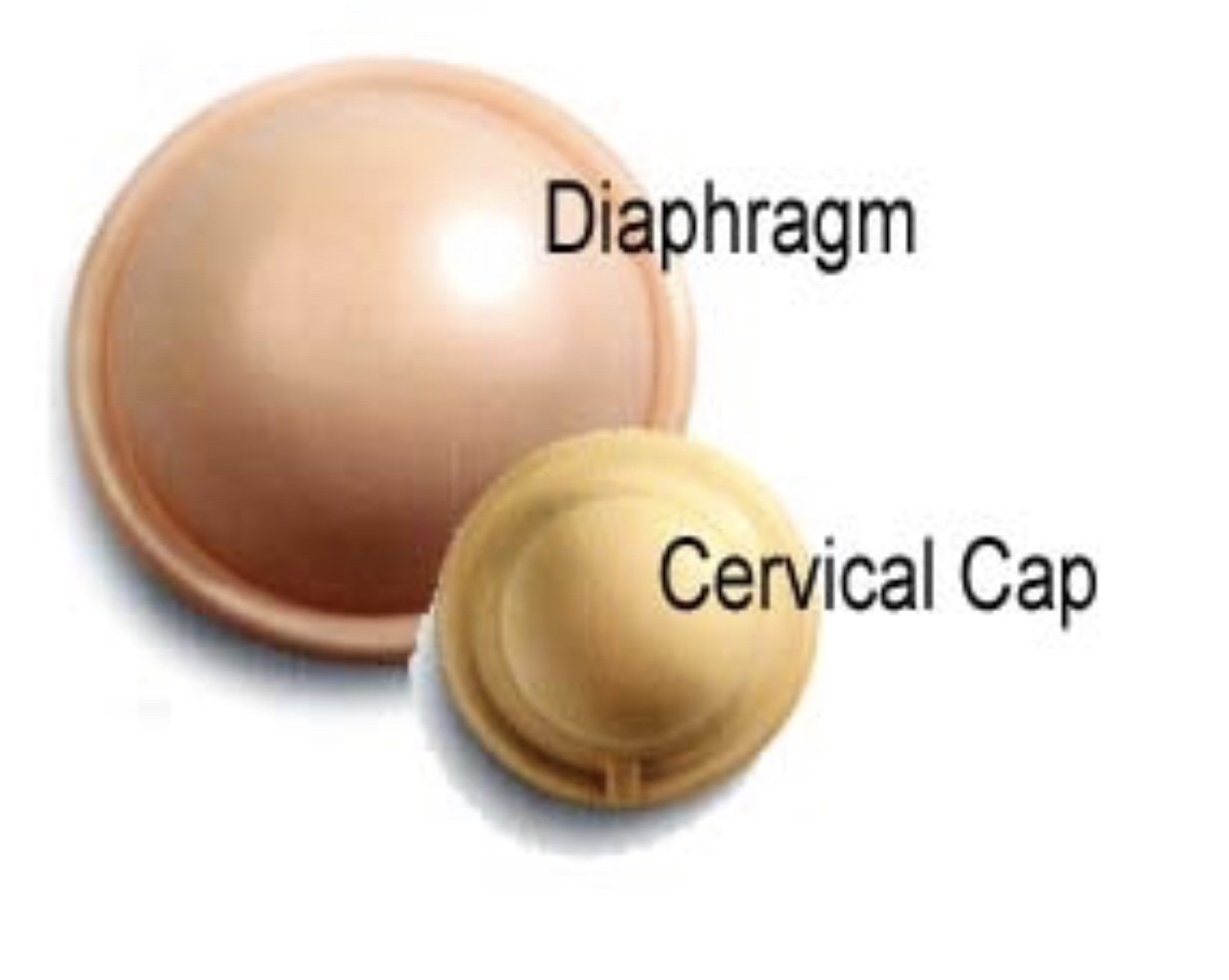
These are barrier methods. They are cup-like and inserted deep inside the vagina to cover the cervix. They prevent sperms from reaching an egg and they work best with spermicides that kills sperms.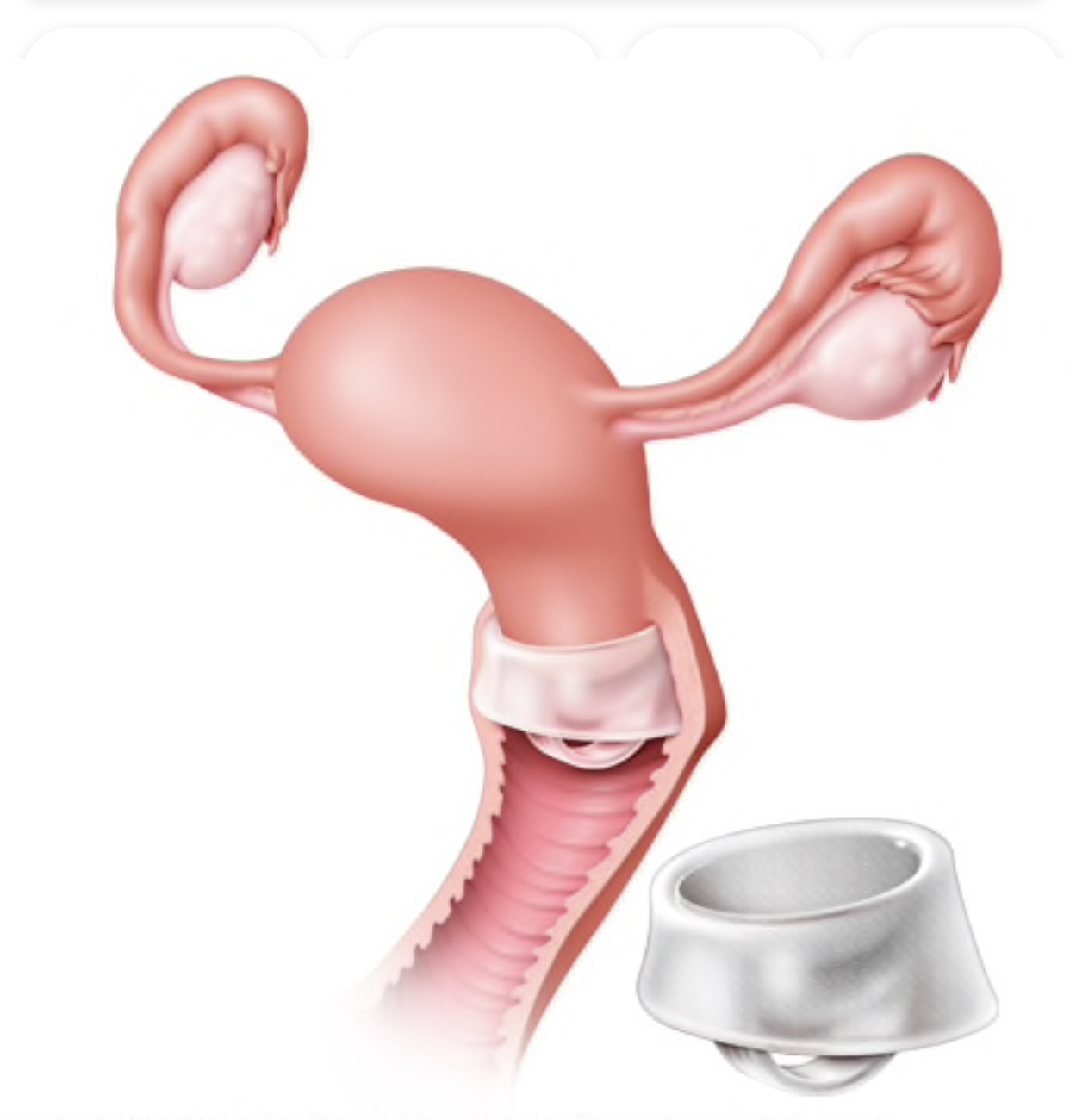
The diaphragm is inserted up to 2 hours before intercourse whereas the cervical cap can be inserted up to 42 hours before sex. They are removed 6 hours after intercourse.
The diaphragm is 92-96% effective at preventing pregnancy whiles the cervical cap is 71-86% effective.
The latter is smaller and an alternative for people who have allergic reactions during or after using diaphragms.
- CONTRACEPTIVE PATCH (hormonal)
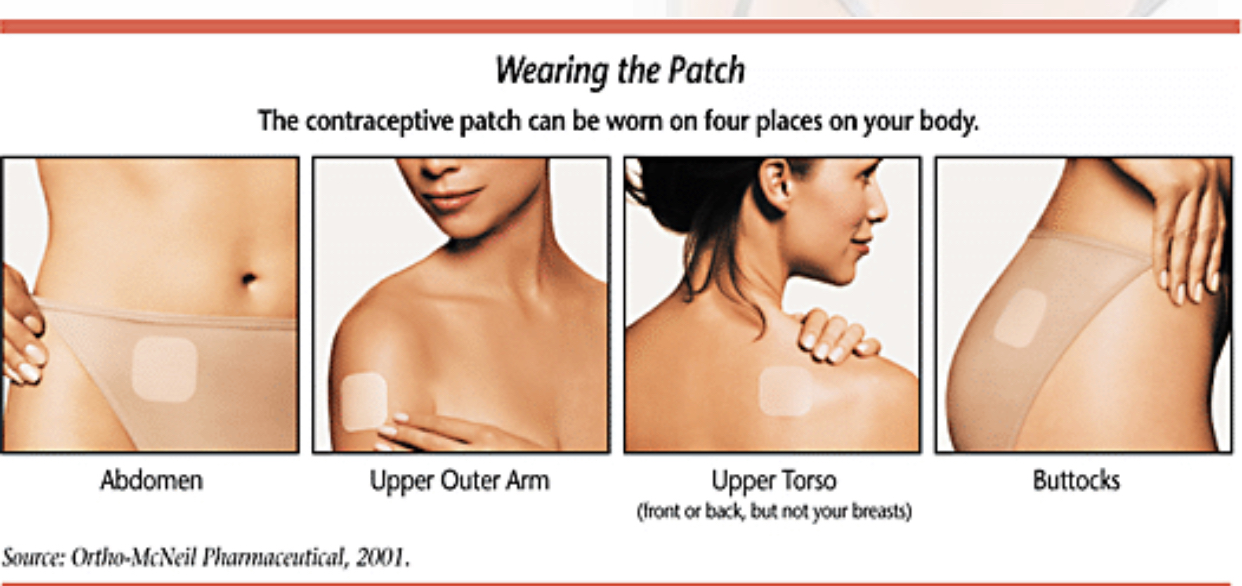
This looks like an adhesive bandage and it is attached to the skin (upper arm, abdomen, butt or back). It releases the synthetic female hormones into the bloodstream to prevent pregnancy.
They are easy to use and are worn for 3 weeks, taken off and discarded. The fourth week is reserved for menstruation or your period and as soon as another week begins, the cycle is repeated.
NOTE: Since it’s hormonal, the side-effects associated are similar to that of the oral contraceptive pill and it’s also as effective as all the hormonal methods.
- VAGINAL RING (hormonal)
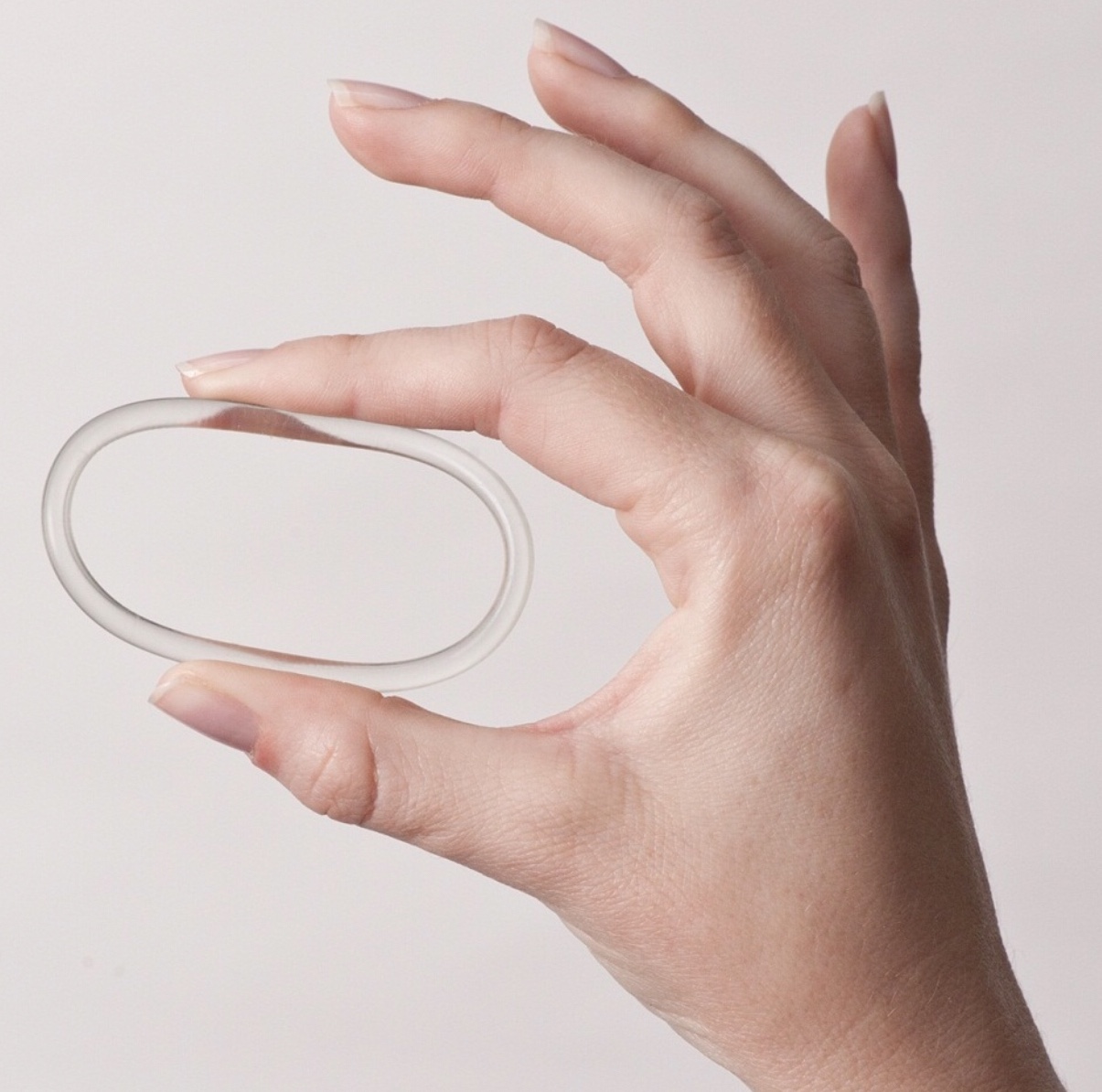
These are also more than 99% effective at preventing pregnancies and I was disappointed when I found out I couldn’t get it anywhere in Ghana. The rings are small and made of plastic. One is inserted in the vagina and it releases the female hormones (estrogen and progestin) into the bloodstream to prevent pregnancy.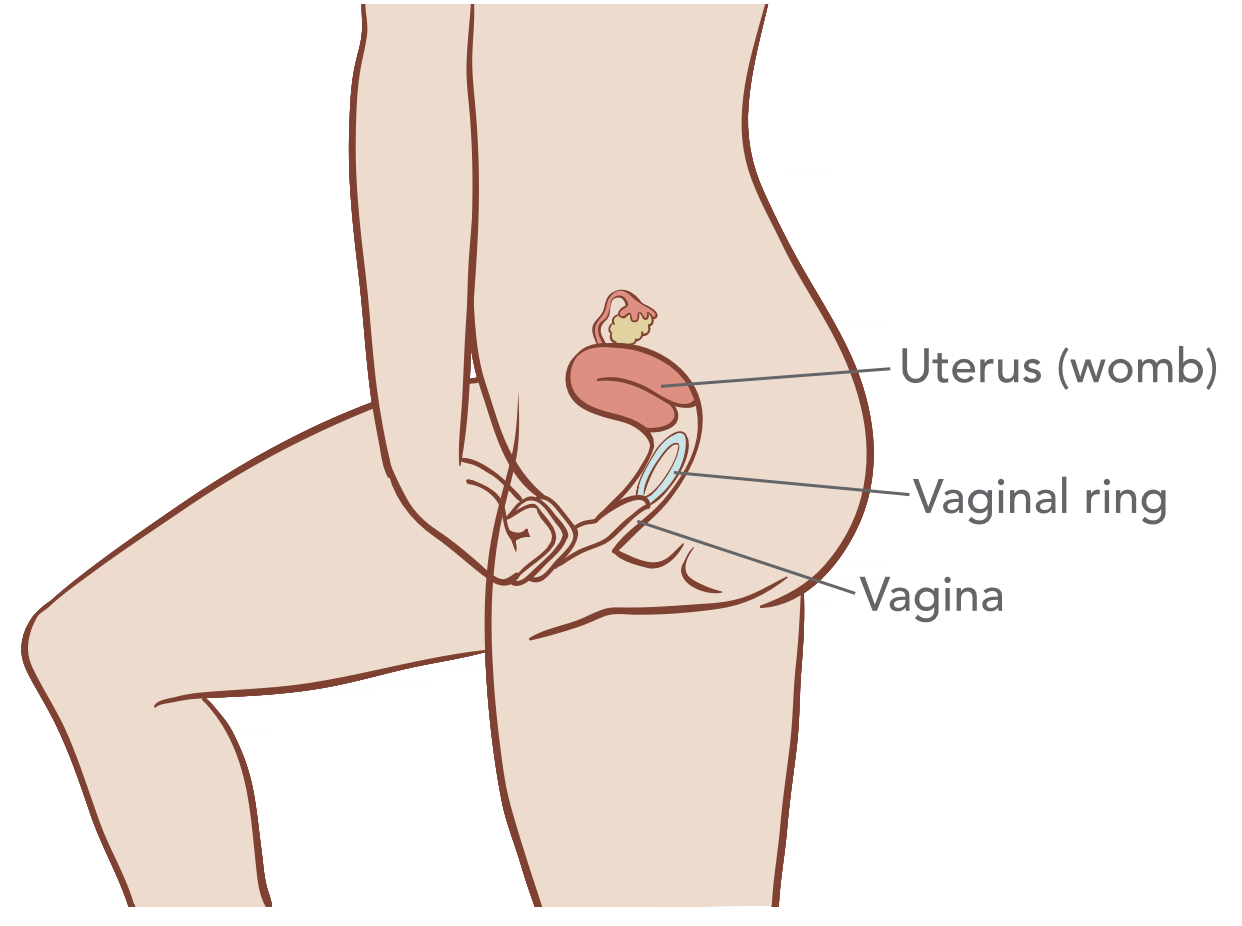
Just like the patch, they are kept in for three weeks and taken off for a week-break before another is inserted and the side-effects are similar to that of the oral contraceptive pills.
READER as you can see, contraceptives aren’t too complicated and they aren’t expensive, so why not get on one? If you have regular sex, you might want to use the long-term methods and anytime you think you are ready for a baby, you can go for it to be removed. It’s as simple as that.
Aside male condoms and vasectomy, the others are restricted to women and at the moment, there is an ongoing research to find a safe and effective male contraceptive pill to ease women the stress and I can’t wait for it.
If you are in Accra, visit PPAG clinic at Laterbiorkoshie or Marie Stopes at Kokomlemle. Google map should direct you to the exact place and when you get there, you will be counseled before any of the above contraceptives will be administered to you. I’ve visited the place several times and I promise, they’re friendly and you won’t regret it.
If you are not in Accra, here are the other places you’ll locate the PPAG clinic:
-
Ashanti Region- Suame
-
Central Region- Adebie-Krom
-
Eastern Region- Kotoso-Kwahu
-
Northern Region- Kparigu
Do you have any questions or concerns? Feel free to ask!
PREVENTION IS ALWAYS BETTER THAN CURE!!

















Hi,Ami please i need medabon pill and how much is it